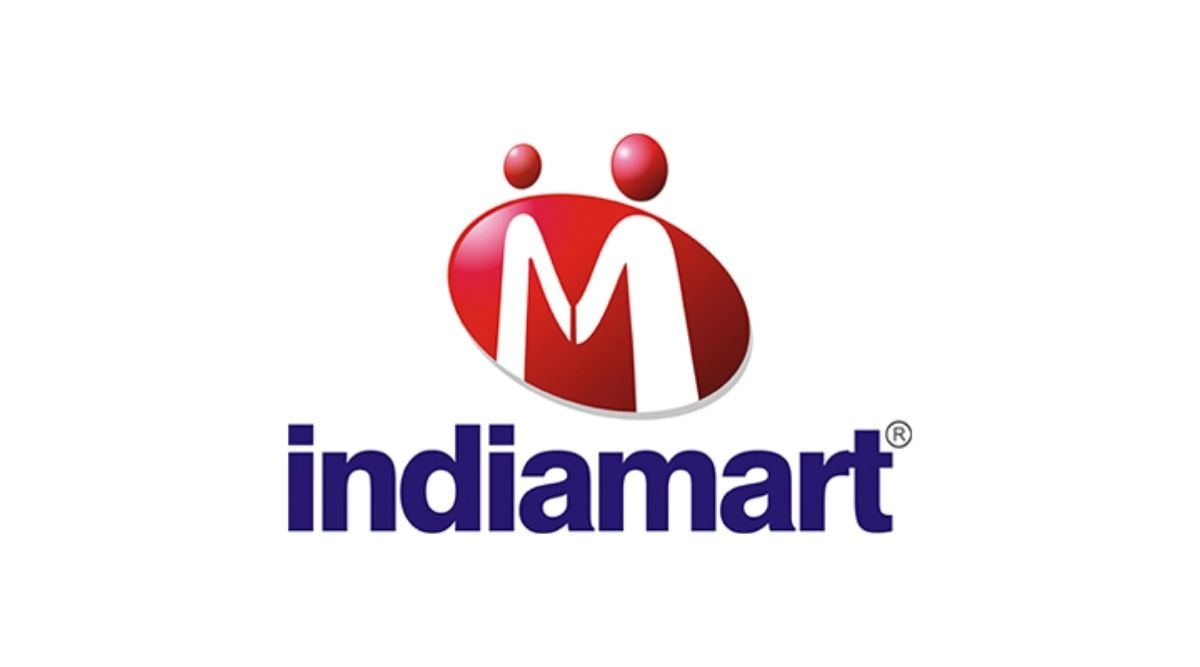IndiaMART and four 4 Indian markets are on the list of Notorious Markets in the US.

IndiaMART, one of the major Indian e-commerce platforms, and four physical markets in Delhi, Bengaluru, Kolkata, and Mumbai were named to the US Notorious Markets List in the most recent annual edition. The 2022 Notorious Markets List, released by the US Trade Representative (USTR) on Tuesday, contains 39 online and 33 physical markets that are suspected of engaging in or enable significant trademark counterfeiting or copyright theft.
The list of markets that are categorized under Notorious markets.
- IndiaMART
- Heera Panna in Mumbai.
- Kidderpore in Kolkata.
- Sadar Patrappa Road Market in Bengaluru.
- Tank Road in Delhi.
The pervasive trade in counterfeit and pirated goods jeopardizes American workers’ economic security and undermines our efforts to establish equitable and inclusive trade policy. The Notorious Markets List is a useful tool for encouraging the private sector and our trading partners to take action against these damaging activities.

The USTR report describes IndiaMART as a high-volume e-commerce website and mobile app that links buyers and providers. It bills itself as India’s largest online business-to-business platform. One right holder indicated that IndiaMART has been cooperative in engaging in dialogue and improving complaint response times over the past year. However, counterfeit items on the e-commerce site, such as medicines, electronics, and clothing, continue to be a big worry for other rights holders, according to the USTR study, and hence this great e-commerce platform is listed in notorious markets.
Right holders argue that the e-commerce site did not sufficiently communicate with them and did not apply anti-counterfeiting best practices such as seller verification, fines for known sellers of counterfeit products, or proactive monitoring for infringing items. Its claim about the timeliness of its notice-and-takedown mechanism was also called into doubt.
Heera Panna, a prominent indoor market in the centre of Mumbai, is said to sell counterfeit watches, footwear, electronics, accessories, and cosmetics and hence found its name in the list of notorious markets. Right holders warn that counterfeit cosmetics offered in this market pose health and safety hazards, according to the research.

Kidderpore, often known as the “Fancy Market” in Kolkata, is home to stores purportedly selling counterfeit and pirated items, including clothes, cosmetics, electronics, optical media, and software, and therefore numbered in the list of notorious markets.
According to the survey, right holders characterize Sadar Patrappa (SP) Road Market in Bengaluru as a “hot location” for a broad variety of counterfeit electrical devices, attracting a big number of residents and visitors. The market was discovered to have a large number of brokers loitering and soliciting consumers. Despite a raid on counterfeits in this market in early 2022, local authorities’ enforcement efforts have been insufficient to inspire progress, according to the study.
According to the study, which cited right holders, Tank Road in New Delhi continues to offer counterfeit items like clothes, footwear, watches, purses, gadgets, and cosmetic products. This market allegedly supplies wholesale counterfeit items to other Indian markets, such as Gaffar Market and Ajmal Khan Road, and hence is tagged under notorious markets.
As stated by the right holders, local police have performed some enforcement measures, but these efforts have been ineffective in significantly lowering counterfeit market sales, according to the study.
From 2021, Palika Bazaar continues on the infamous market list (NML). This Delhi underground market appears to be well-known for the sale of counterfeit goods like mobile accessories, cosmetics, watches, and eyeglasses. According to reports, many consumers are students and other young individuals looking for fashionable things at low rates. According to the article, the market is also a popular tourist site.
What is USTR?
USTR is a US federal organization in charge of establishing and advocating American trade policy. It designated infamous marketplaces for the first time in the Special 301 Report in 2006. Since February 2011, it has published the Notorious Markets List separately from the Special 301 Report to raise public awareness and assist market operators and governments in prioritizing intellectual property enforcement activities that safeguard American firms and employees.
What is Trademark Counterfeiting?
If an existing trademark is imprinted on a product or service that is not one of the legal commodities supplied by the trademark owner, this is referred to as trademark counterfeiting. Such counterfeiting is prohibited by the federal Trademark Act, generally known as the Lanham Act.

In the United States, counterfeit rules are growing increasingly friendly to trademark owners. When it comes to the 1984 modification to the Lanham Act’s trademark counterfeiting provisions, case law is rapidly expanding. In the United States, trademark owners may rely on the law to assist them to protect their marks from counterfeit goods.
The last call.
Due to damaged corporate reputation, lost revenue, and legal expenses, uncontrolled counterfeiting can cost trademark owners millions of dollars. According to some analysts, counterfeiting costs businesses in the United States $200 billion every year.
Trademark counterfeiting is a serious problem since most people do not question whether a logo on a product represents the real source. Not only are buyers misled, but the trademark owner may suffer as well since the counterfeit items may be of lesser quality.
Edited by Prakriti Arora




